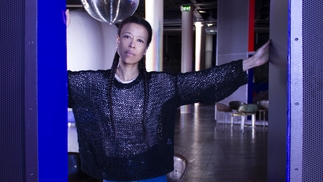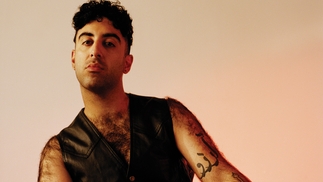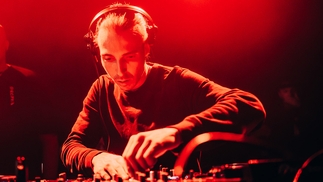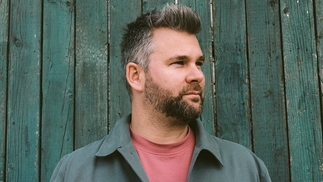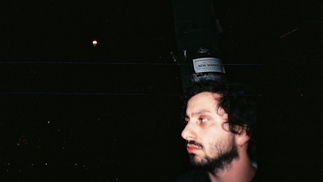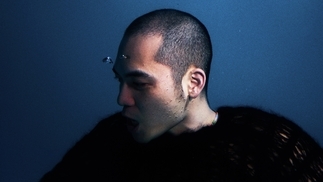On Cue: Jenifa Mayanja
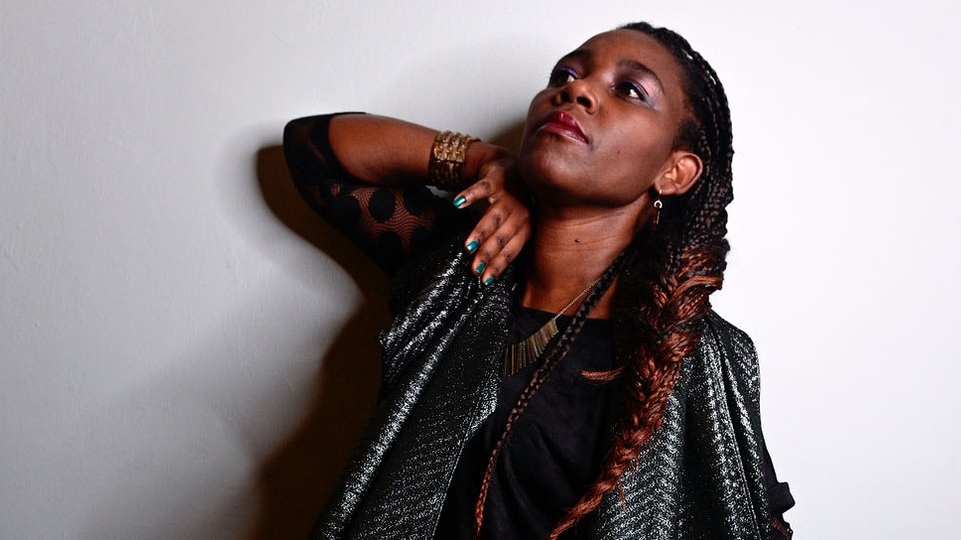
Bumako Recordings' Jenifa Mayanja records an hour of smooth deep house and funk-fuelled grooves for the On Cue series and, in the midst of a vibrant new creative chapter in her life, chats to Zara Wladawsky about the evolution of her label, her mentoring programme, and preserving the classic New York sound
“I wouldn’t call it rebirth, but I am in a period of renewal and re-dedication to myself and my life’s work,” says Jenifa Mayanja. She’s speaking from her home in Connecticut; bar a four-year stint in Berlin with her family that ended last summer, she’s lived there since the early 2000s. The decision to return to the US was not an easy one for Mayanja, particularly during the height of the pandemic, but adaptation and resilience are foundational to the producer, label owner and DJ, and have centred her as a legend of deep house for the past three decades.
She was born and raised in Uganda, but Mayanja’s family uprooted from East Africa to Kansas City in the mid-1980s. The young Jenifa had few points of reference for what life in the rural US would be like. TV shows and half-baked stories touted it as “the land of milk and honey — which it was not!” she laughs, remembering the move. “That area was a cultural desert, and I experienced culture shock.” Eventually, she adapted, finding her tribe in her teens through hanging out in local gay bars, which offered respite from the negligible local music scene at the time.
While attending university elsewhere in Kansas, Mayanja was introduced to club culture through a college-age DJ, who’d returned from a trip to Manchester playing a brand-new sound called acid house. The meeting was life-changing for her. A year later, she moved back to Kansas City and became friends with a like-minded musical crew — including a young Theo Parrish — who ran their own parties, building up a local, underground scene in Kansas. From there, Mayanja’s city-hopping picked up pace. After a brief relocation to Chicago at the turn of the ’90s, she headed out to New York City in 1994 on the insistence of a friend, and immersed herself in the Big Apple’s dance scene.
In those early days, living in pre-gentrified Williamsburg, Brooklyn, Mayanja would haul vinyl records onto the subway at night in milk crates, heading out to her regular weekend gigs. Milk crates were switched out for sturdier wares, but she kept hauling vinyl across the city for a decade, honing her skills and making a name for herself in deep house circles. By 1999, she was producing her own tracks, which resonated with the dancers who came to her DJ sets. But in the wake of 9/11, and with the crackdown on underground nightlife led by Mayor Rudy Guiliani, the city began to change massively. Mayanja packed up her life and drove north-east to Connecticut, where she started a family, while keeping up her productions and DJing.
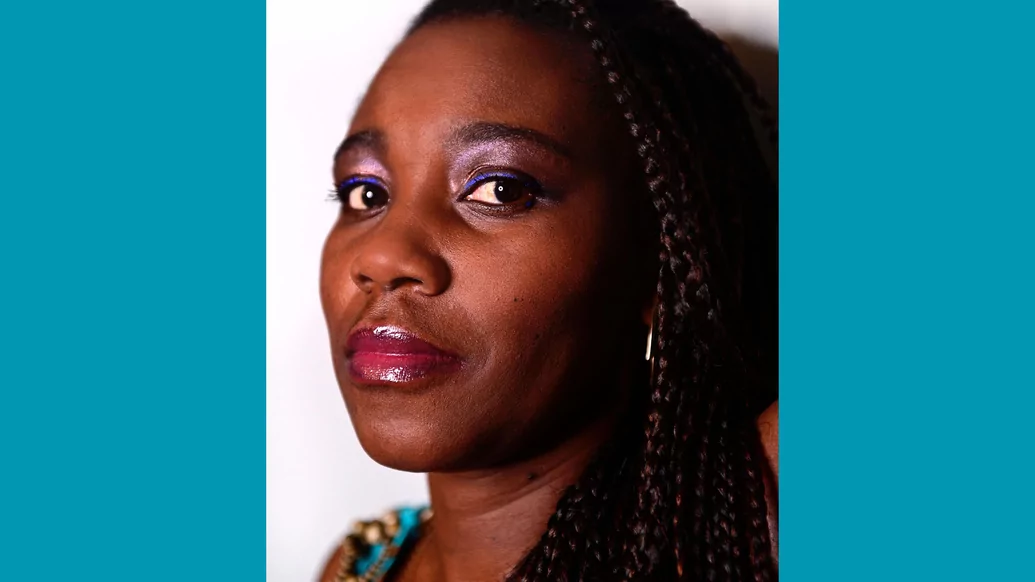
Wherever “DJ tools” and more functional dance styles exist within the sub-genre web of house music, Jenifa Mayanja’s productions exist a world apart: they’re emotive and spiritual, with healing qualities. The flowing rhythms and melodies exude warmth and tenderness, with Mayanja’s own vocals making connections between those points of vulnerability.
“I’m not into making escapist music,” she says. “I want my music to soothe you, but not to take you away from reality. I want to make your reality better; to enhance the world that you live in so it’s better for you.” Her creative output tracks along this style of deep house, but also with her own experiences.
“I have a full life,” she explains. “For me, music-making takes time because it’s a craft. It’s about creating something that shakes people up, or helps them through something. I’m a big believer in this process of letting things come together organically. Anytime you try to rush it, you’ve already taken away the soul of it, the heart of it and the meaningfulness of it. That said, my craft is also not just as a music producer or composer. I’m also a DJ and a vocalist, and then I’m an educator, mentor and mother. All these different parts have to somehow work.”
She made it work — and then some. Regular international touring through the 2010s saw her play time and again at beloved underground festivals such as Freerotation, and clubs such as Panorama Bar, DJoon, Fabric and Lux. She co-founded two record labels — EDJ Recordings, with her former partner and fellow deep house legend Jus-Ed, and the Sound Warrior imprint and collective, with dakini9, platforming women in electronic music. In 2006, she started a solo label, Bumako. Now nearly 40 releases deep, Bumako recently switched from vinyl to mostly digital releases in order to stay active.
“My goal with Bumako is to continue to release digitally, and put out one full- length vinyl album every few years for the fans,” Mayanja says. “That was my original dream, and I would be thrilled to continue this way. Another bright spot for the label’s output in the last year has been helping my son, an up-and-coming artist in his own right, put out his release, called Machillado.”
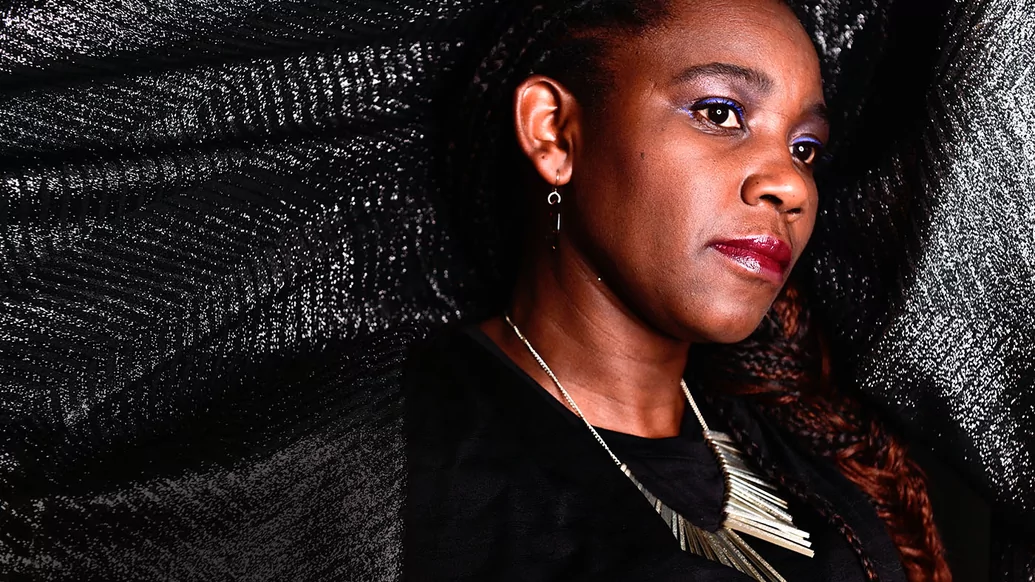
An explosion of remix requests during the pandemic has included reworks for Cesar Toribio’s Conclave project, Lauren Ritter and Gene Tellem; new original productions have been popping up on Soothsayer (for CC Disco’s ‘First Light’ compilation), all my thoughts and Coloring Lessons, to name a few, as well as a charity tape for Stamp The Wax’s ‘Monday Morning Mixtape’ series. An EP for Francis Harris’s Scissor & Thread label is coming, and she’s started working on an album too.
“I’ve been very fortunate in the last year to work on other people’s projects,” Mayanja says with a smile. “However, I’m now ready to be absorbed in my own work; to see what information, resources and inspirations I’ve gathered, and how to express it all.”
On the DJing front, folks in New York City can catch Mayanja playing alongside Timmy Regisford and Francis Harris at Back To The Deep, their monthly residency at Brooklyn audiophile paradise, Public Records. “We’re really trying to re-establish the deep house New York connection that we grew up with and love, with this residency,” she says. “That’s really important to me, and also to intentionally create that space for us, the older generation, that makes us feel welcomed.”
Mayanja is also pouring a lot of her time and energy into The Music Life Mentor, her mentoring venture for up-and-coming artists and DJs, as well as established music creatives. “I want to keep pushing and challenging myself to do more, and to have more impact,” she says. “The mentoring and coaching initiative balances one-on-one professional and personal development with my specialised artistic and business acumen, for music creatives to re-design their lives and mindset.”
As part of it, she’s been organising workshops for festivals and various creative collectives. This new chapter in Jenifa Mayanja’s life, three decades into her career, seems full of revitalisation and growth. “I’m the kind of person where you could put me in a desert with nothing, no resources, and I will find them,” she says. “It will take time, but eventually I will succeed. It’s one of my superpowers, and something that I try to pass on to my kids; one of the most important things in life is, not only to survive, but to flourish as well.”
Listen to Jenifa Mayanja's On Cue mix below.
